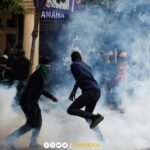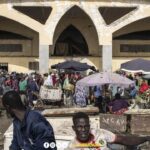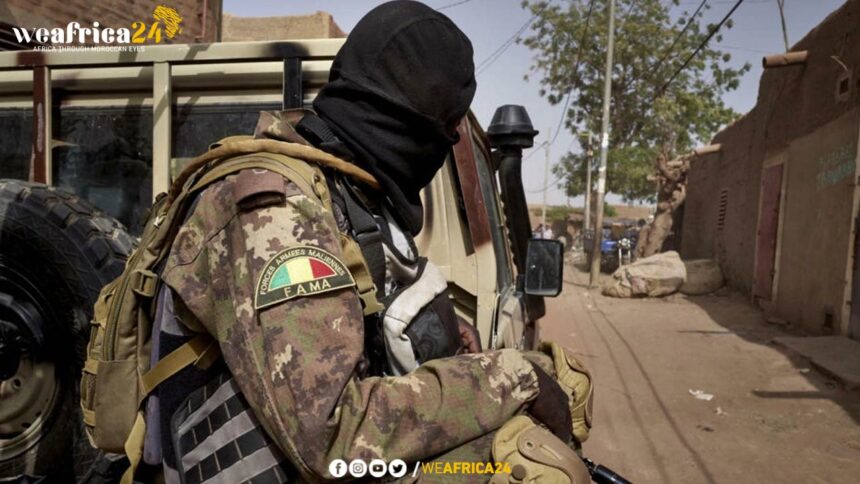Recently, between 80 and 120 Malian soldiers, accompanied by Russian Wagner Group operatives, have arrived in Ouagadougou. These reinforcements were sent by Bamako to support Captain Ibrahim Traoré, whose grip on power is reportedly unstable, according to sources. This development has not been officially acknowledged by Malian, Burkinabé, or Sahel Alliance (AES) authorities. Whether this move constitutes solidarity or interference is a matter of interpretation.
From one perspective, this could be seen as an act of solidarity, as envisioned by the Sahel Alliance’s founding principles. The AES was established as a “collective defense and mutual assistance framework” against threats to the integrity and sovereignty of member states. The charter explicitly allows for the use of force to address breaches of peace and stability.
Initially, the primary concerns for the three Sahelian countries were jihadist threats, separatist movements in Mali, and potential military interventions from ECOWAS, such as the one briefly considered against Niger.
In the absence of official statements, it remains unclear whether the deployment of Malian soldiers and Wagner mercenaries to Ouagadougou is sanctioned by the AES or if it is a unilateral Malian initiative. Notably, Niger has not contributed any troops, and there is no information on Niamey’s involvement.
Another critical question is whether the objective is to personally sustain Captain Ibrahim Traoré’s leadership in Burkina Faso or to safeguard the ongoing transition process. Destabilization or collapse of this process could threaten the very existence of the AES, which has become a crucial geostrategic tool for its member countries, prominently featured in their security and diplomatic agendas.
Ultimately, the intervention could be perceived in various ways by Burkinabé citizens, politicians, and military personnel. It might be seen as assistance or as meddling in Burkina Faso’s internal affairs. The leaders of the AES countries have consistently emphasized national sovereignty as their primary political argument. Thus, the involvement of third-party countries, even allies like Mali and Russia, could undermine this stance in Burkina Faso.
This situation highlights the complex dynamics of regional alliances and the delicate balance between mutual support and interference in internal political affairs. The response from the Burkinabé populace and the broader international community will likely shape the future of such interventions and the stability of the Sahel region.







